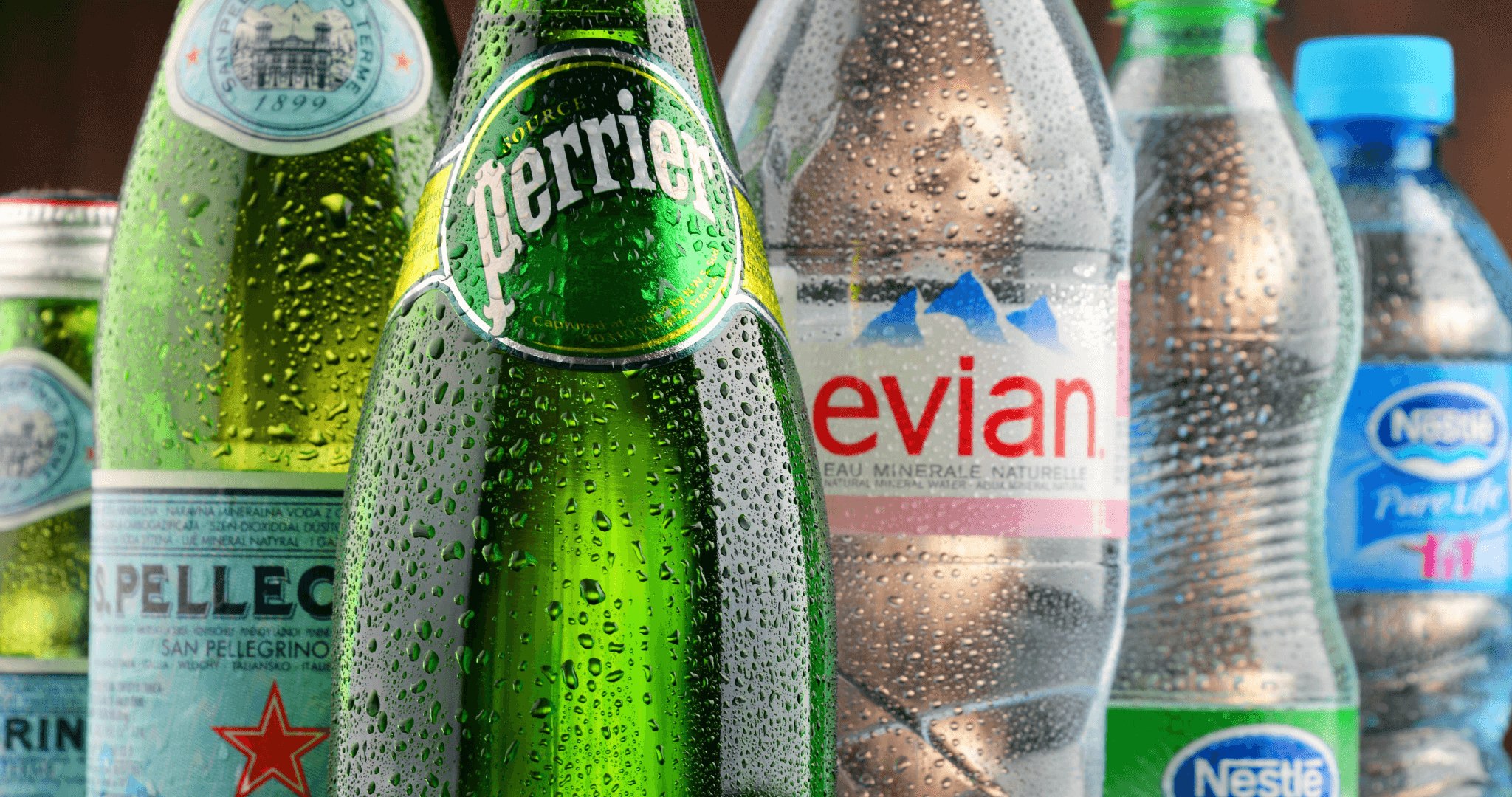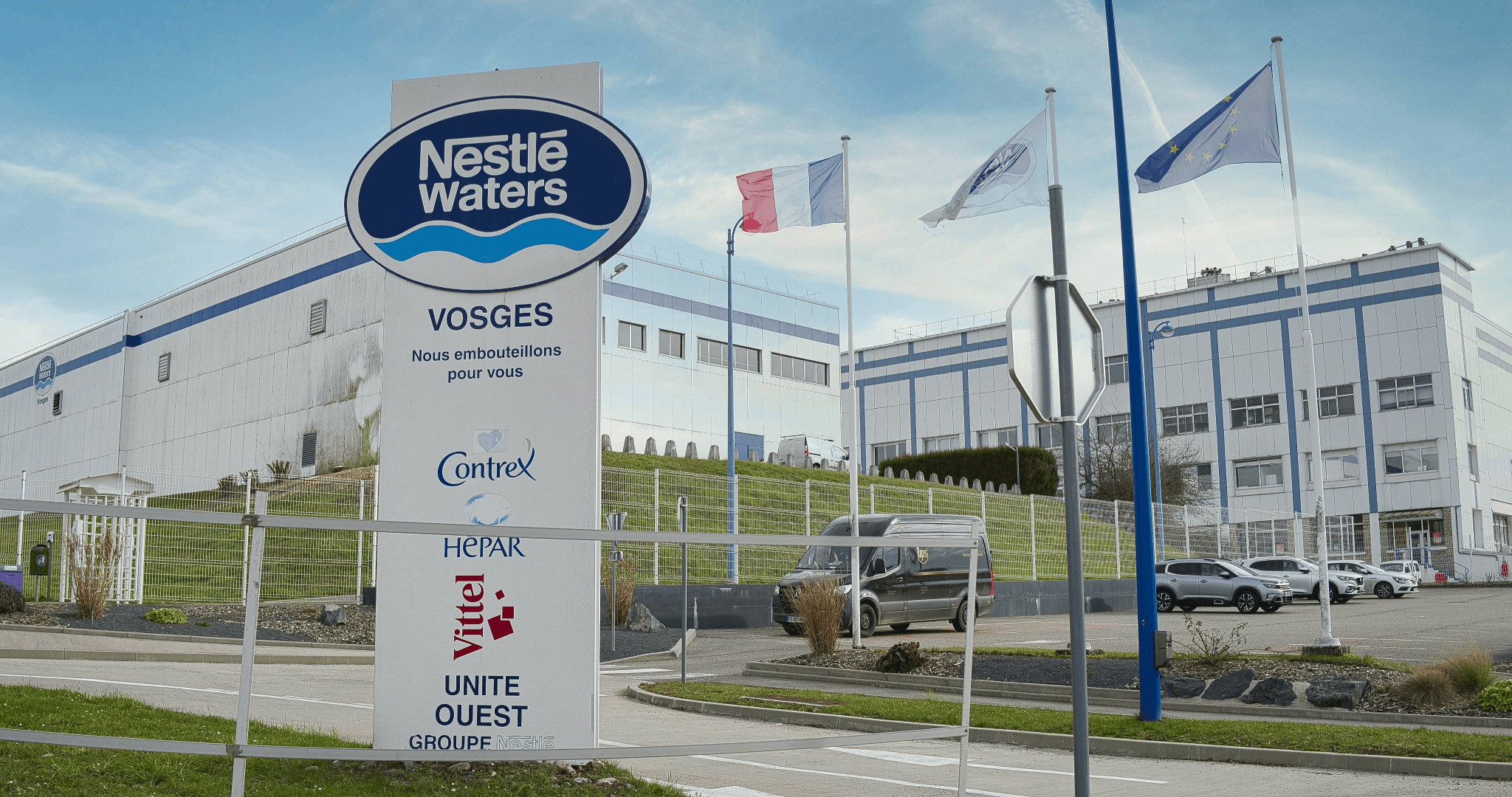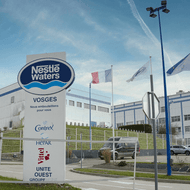Nestlé Water Springs Contamination: What You Need to Know
Posted by Emily on 7th Apr 2024 Reading Time:
Recent findings reveal faecal contamination at the French springs from which Nestlé sources water for its mineral brands. The National Agency for Food Safety (Anses) uncovered "transient microbiological contamination of faecal origin" at sites in the Vosges region and Gard department, known for producing Vittel, Contrex, Hépar, and Perrier brands. Traces of PFAS, chemicals from pesticides labeled as 'eternal pollutants,' were detected. However, Anses has not conducted tests on the bottled water itself.

An October report, discussed by France Info radio, called for intensified surveillance measures, highlighting that "it would not be prudent to conclude that health risks are completely under control, especially microbiological risks." Despite these findings, Nestlé assures its products meet all regulatory standards, stating that their mineral waters are safe for consumption. This stance is supported by French health officials who affirm the bottled water poses no health risk.
Controversy arose in January when Nestlé Waters acknowledged the use of prohibited purification methods, including ultraviolet disinfection and activated carbon filtration, conflicting with France and EU's strict natural mineral water regulations. Although Nestlé has since discontinued these practices and insists their products are safe, investigations continue.

The issue extends beyond Nestlé, with other brands such as Cristaline, Saint-Yorre, and Courmayeur also implicated in using these illegal methods. Notably, Danone, producer of Evian and Volvic, was not involved.
Foodwatch, a consumer rights group, emphasised the potential health risks posed by the contaminated water, urging immediate action in compliance with European and French regulations.
Your thoughts are invaluable to us. Please, share your views in the comment section below.

